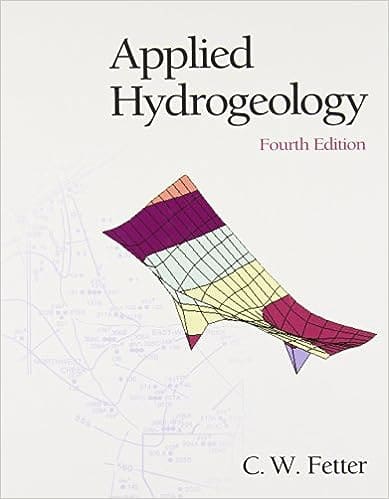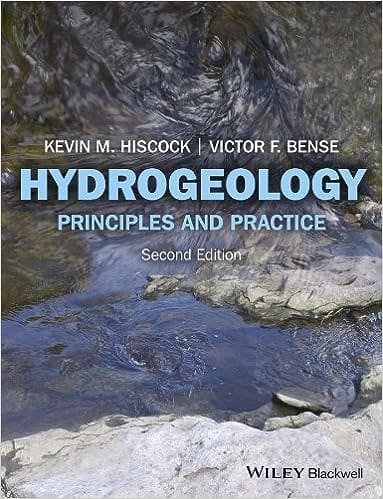Definition
Hydrogeology is the branch of geology that deals with the distribution and movement of groundwater in the soil and rocks of the Earth’s crust.
Expanded Explanation
Hydrogeology focuses on understanding how water interacts with the surface and subsurface layers of the Earth. This field studies the properties of the Earth’s components like soil and rocks, as well as the phenomena of water cycle, including precipitation, infiltration, runoff, evaporation, and transpiration.
Importance
The understanding of hydrogeology plays a critical role in managing and preserving water resources. It helps scientists and engineers in predicting and solving water-related problems such as contamination, drought, flooding, and groundwater depletion.
Context and Usage
Hydrogeology is commonly used in the fields of water management, environmental consulting, civil engineering, and natural resource exploration. It’s also essential in the study of climate change as it directly impacts water resources.
Examples
- Example 1: Hydrogeologists often map out the groundwater flow in an area to determine the best locations for wells or to assess the potential effects of pollution.
- Example 2: In civil engineering, understanding hydrogeology is vital when designing and constructing structures like dams and tunnels.
Understanding Hydrogeology
A common misconception about hydrogeology is that it only involves studying water. In reality, it also includes understanding the physical and chemical interactions between water and the Earth’s crust.
Related Glossary Terms
- Aquifer: An aquifer is a layer of permeable rock, sediment, or soil that stores and transmits groundwater. It’s a key concept in hydrogeology.
- Watershed: A watershed is an area of land where all water drains to a common point, another important term in hydrogeology.
Visual and Reading Aids
External Resources
Related Articles
- Understanding Floods: A Hydrometeorological Perspective ↗: This article discusses the role of hydrogeology in understanding and predicting floods.
- Climate and its Impact on Hydrogeology ↗: This article explores how climate change affects water resources from a hydrogeological perspective.
This glossary term entry provides a comprehensive understanding of hydrogeology, its importance, context, and usage, along with practical examples, related terms, and resources for further reading. It also clears common misconceptions about the term.

